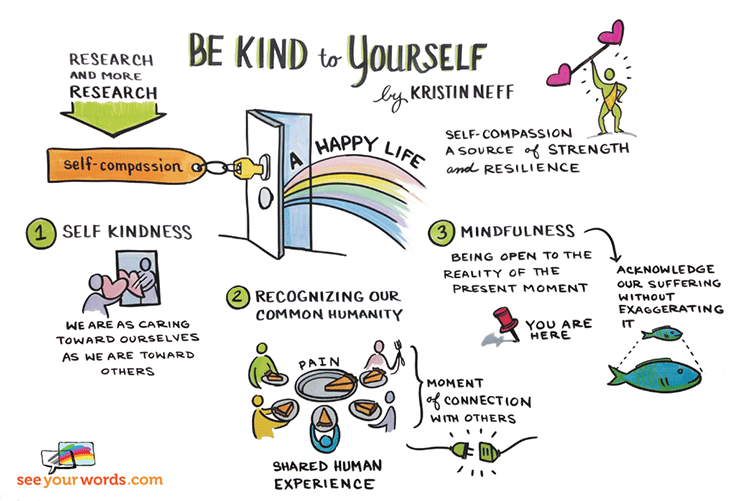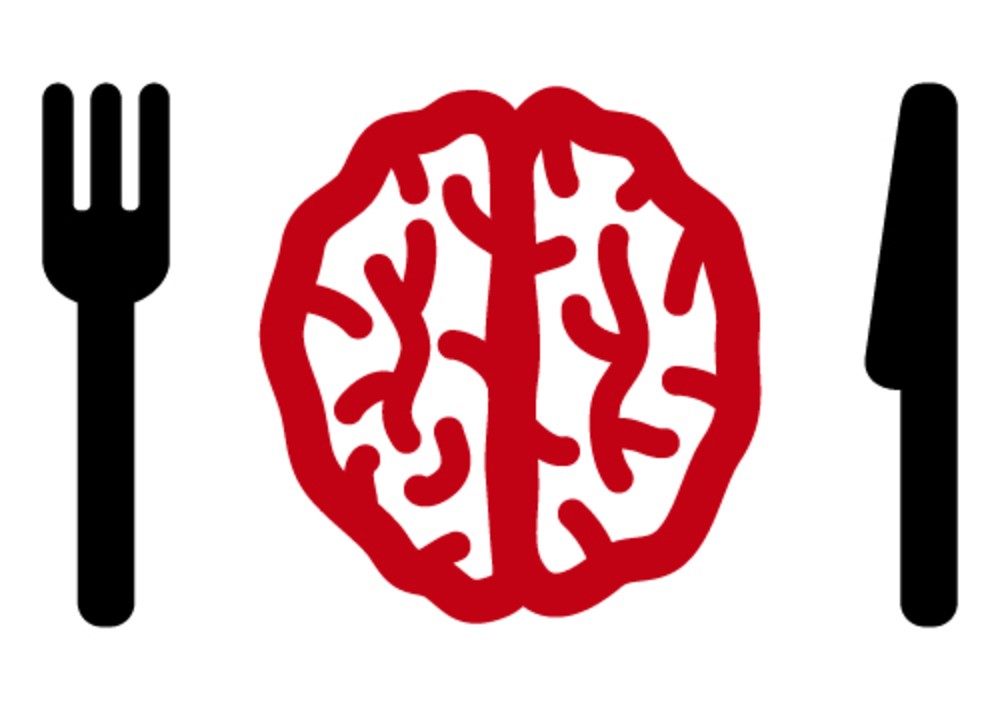Blog post written by Amanda Raffoul, MSc, PhD Candidate in Public Health and Health Systems, University of Waterloo
In Canada, Eating Disorders Awareness Week (EDAW) is held the first week of February (February 1-7). EDAW is an opportunity to increase knowledge, collect donations, and work to erase the stigma surrounding eating disorders among Canadians. The driving force underlying all of these endeavours is the power of advocacy, which inspires EDAW initiatives from coast to coast to coast.
Approximately 1 million Canadians have a diagnosed eating disorder, and an even greater number are likely undiagnosed and/or struggling with disordered eating that does not meet diagnostic criteria. Eating disorders are among the deadliest psychiatric illnesses and have devastating impacts on the lives of those impacted and their families and friends.
Despite these facts, eating disorders are grossly under-funded and under-researched. Efforts by the Canadian government, research institutes, and health centres often fail to address eating disorders in their mandates and missions.
This underscores the need for advocacy in eating disorders practice — by channelling our efforts into raising awareness around eating disorders, we can advocate for greater research, prevention, treatment, and caregiver support that will better the well-being of all Canadians.
During and beyond EDAW, advocacy for eating disorders can:
highlight the lived experience of individuals who struggle with eating disorders and disordered eating. One key element of this shining a light on the varieties of experiences of folks with eating disorders, and especially those whose stories are often neglected in mainstream portrayals (like racialized people, higher-weight people, and men and nonbinary folks).
disseminate research on the impacts of eating disorders on Canadians of all sizes, races, ethnicities, and genders. These impacts may be financial, emotional, physical, and/or social for the person affected and their families and friends.
raise awareness of services and supports nationally and locally. By promoting services in communities (check out the list of regional services on our site) and nationwide, we can increase awareness of supports for when people need them most.
decrease stigma surrounding food- and weight-related struggles that affect much of the population. EDAW provides an opportunity for eating disorder practitioners and researchers to dispel prevalent myths around disordered eating and reinforce messaging that eating disorders are not a choice.
Feeling inspired? Good! The Waterloo-Wellington Eating Disorders Coalition (WWEDC) is hosting several EDAW events that aim to tackle the stigma surrounding eating disorders in our region.
University of Guelph Body Image Expose
Feb 4, 2020 - 10:00am - 3:00pm
The Wellness Education and Promotion Centre at the University of Guelph will be running an expose aimed at introducing students to the topics of Health At Every Size, body image concerns, and eating disorder prevention and treatment. The expose will feature interactive activities such as cookie decorating and button making, as well as information from on- and off- campus supports.
Faces of Recovery
Feb 7, 2020 - 7:00 - 9:00pm @ Guelph Youth Music Centre (75 Cardigan St., Guelph, ON)
A panel discussion featuring individuals on the road to recovery from an eating disorder, as well as family members who supported their journeys. Free admission, donations welcome.
University of Guelph Body Project
Feb 8 & 9, 2020 - 11:00am - 1:00pm
The Wellness Education and Promotion Centre at the University of Guelph will be facilitating The Body Project. The Body Project is a workshop that aims to promote positive body image, reduce body shaming and encourage folks to accept themselves as they are. Participants must attend both sessions. Refreshments will be provided! Please register at https://gryphlife.uoguelph.ca/.
All About Eating Disorders
Feb 12, 2020 - 7:00 - 8:30pm @ CMHA Waterloo Office (1 Blue Springs Dr., Waterloo, ON)
A community workshop featuring clinicians and individuals with lived experience. Learn about eating disorders and local services and supports. Free admission, donations welcome.
Not free to attend one of our events? No problem! You can search for an event in your local area, join the conversation on social media, or join the #showusyourpurple campaign.
Eating disorders cannot afford to wait! This EDAW, join us in advocating for greater awareness around eating disorders and the millions of Canadians they affect.



























